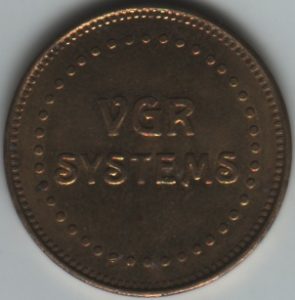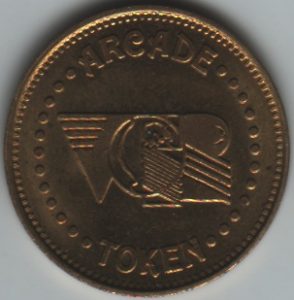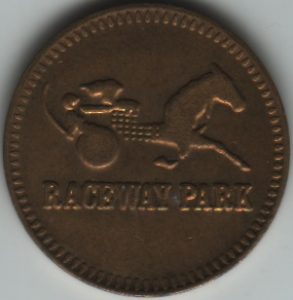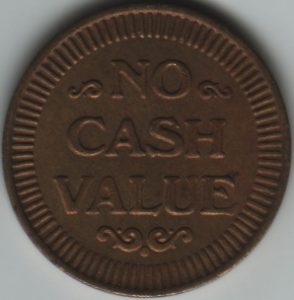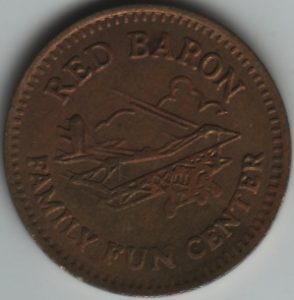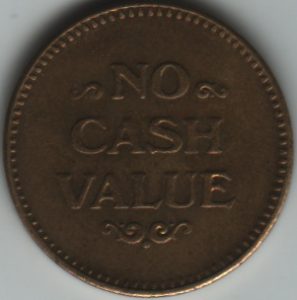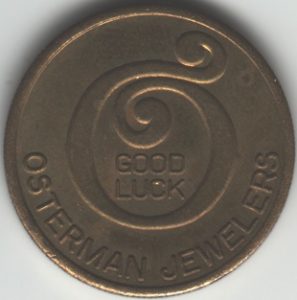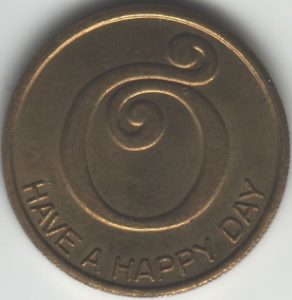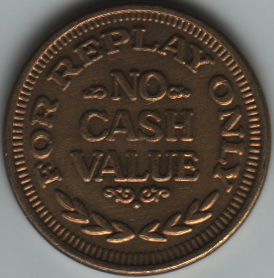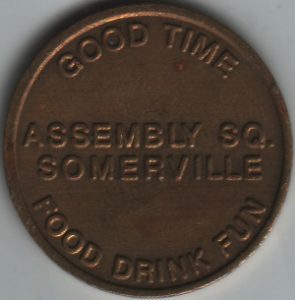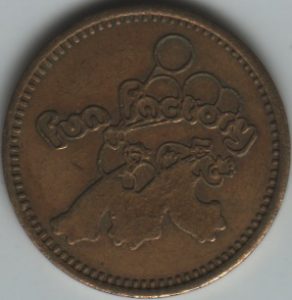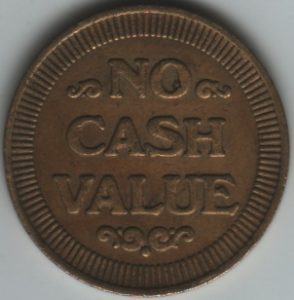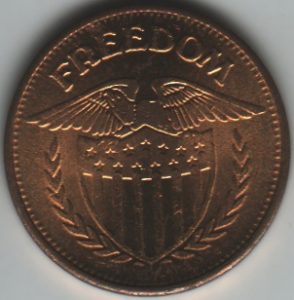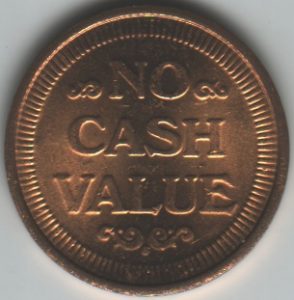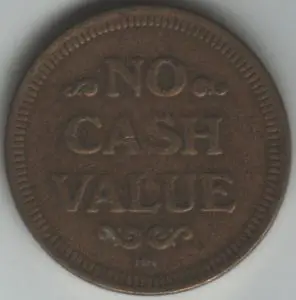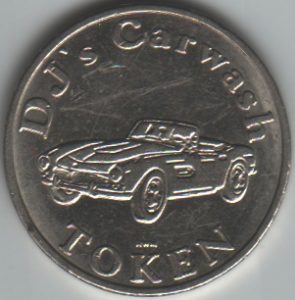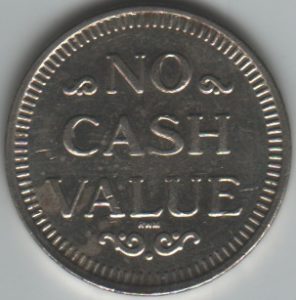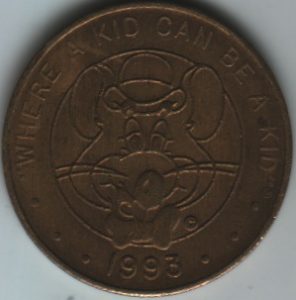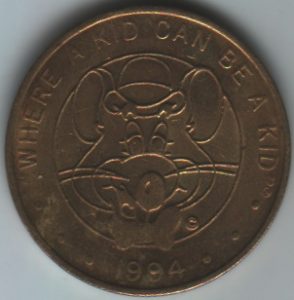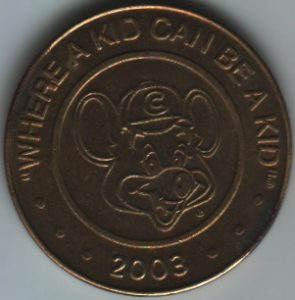This was originally posted on wbsrch.com. It is reproduced here to preserve history.
I’m always looking for new and efficient ways to let people know about WbSrch. That’s why I decided to try advertising with Project Wonderful.
Project Wonderful was built as a banner ad network for web comics.
That doesn’t mean you can only advertise web comics or that advertising can only be placed on web comic sites, but that’s its core demographic.
As a trial, I ran an ad for WbSrch on a few sites that seemed like they’d have people who would be interested in trying out a new search engine. That means other search engines, SEO sites, and literature sites. I also wanted to find out whether webcomic readers were a good target audience.
I deposited $100, and after spending about $70, I think I have a pretty good idea of what works and what doesn’t.
If you want really fine-grained control over your campaigns and ad spending, this is the perfect network for you. You know exactly what you’re going to spend per day on a site, and you can bid on traffic on a per-region basis. Their regions are US, Canada, Europe, and Everywhere Else.
The search functionality is amazing. You can search for gaming sites that have traffic that is at least 50% from Germany and has between 100 and 10000 page views per day, for example.
As a publisher, you can set per-region bid minimums and can auto-approve bids, or require manual approval. This means that you don’t have to worry about running ads for things that you’d be opposed to, so no bacon ads on a veganism site.
Results have been mixed, and I’ve learned more about the types of people who are interested in trying WbSrch.
Some takeaways:
- Webcomic sites have a high number of page views, but the number of unique users tends to be a fraction of that. The same goes for SEO tools.
- Blogs tend to have more unique users and fewer page views.
- Literature sites are somewhere in-between.
Here are my slightly-obfuscated results:
| Site | Pageviews | Unique Views | Clicks | Spend | CPM | CPC |
|---|---|---|---|---|---|---|
| A Major Webcomic | 581953 | 11126 | 35 | 13.34 | 0.02 | 0.38 |
| An SEO Site | 233489 | 17881 | 141 | 50.54 | 0.22 | 0.36 |
| A Poetry Site | 60780 | 4876 | 34 | 5.64 | 0.09 | 0.17 |
| A Dutch Site | 15584 | 305 | 4 | 0.73 | 0.05 | 0.18 |
| A Hungarian Site | 3485 | 730 | 1 | 0.35 | 0.10 | 0.35 |
| A Search Engine | 2711 | 963 | 40 | 0.62 | 0.23 | 0.02 |
| A Swedish Site | 2315 | 621 | 0 | 0.39 | 0.17 | INF |
| A Movie Blog | 1424 | 477 | 0 | 0.25 | 0.17 | INF |
| A Knowledge Blog | 1285 | 967 | 1 | 0.42 | 0.33 | 0.42 |
| A Web Directory | 296 | 83 | 0 | 0.05 | 0.17 | INF |
| A Science Blog | 231 | 124 | 1 | 0.29 | 1.24 | 0.29 |
The efficiency varies by site, but some are unbeatable deals for targeted traffic. Others are pricey, but just the type of people that will spend some time searching for themselves and the things they control. Hopefully we’ll be good enough for them to come back again.
There are some sites that I’ll run ads on as long as they exist even though the traffic is low. It’s easy to convince people trying a new search engine to try another new search engine.
I also suspect that my Hungarian and Swedish translations aren’t very good. I know basic Swedish, but the Hungarian is robot-translated.
One of the limitations of Project Wonderful is that if you have a large budget, you may run out of places to advertise efficiently, and for those things that are efficient, they may not get enough traffic to satisfy your hunger (2-cent clicks from your site? I’ll buy at least 1000 per day!). I could easily see struggling to spend a $1000/day budget effectively. If you’re prepared to work on a smaller scale, there is probably no better place to test-run ads because their data and reporting is good and you can learn a lot from your experiments. They also have enough fine-grained control that you can iterate and learn quickly.
$70 is hardly enough to get the full measure of an ad network, but I think I was able to get some useful data out of this experiment. Try Project Wonderful, you may just find it wonderful for your project, especially if your project plays well to webcomic audiences.
